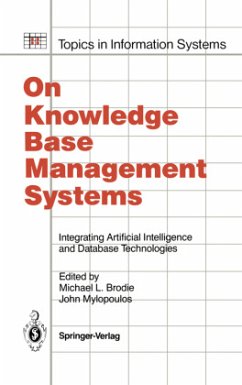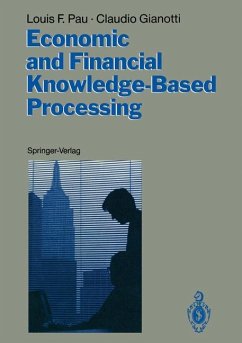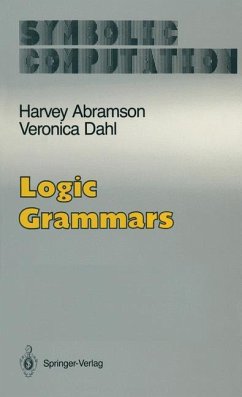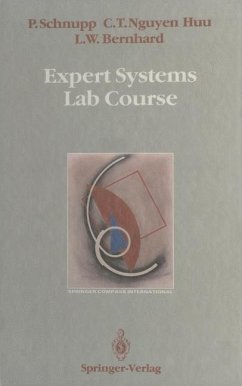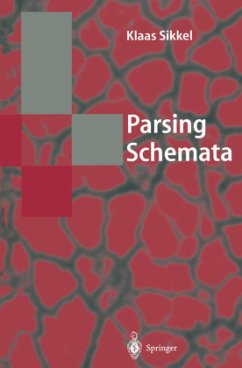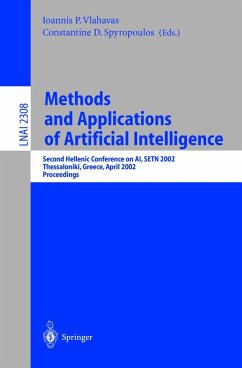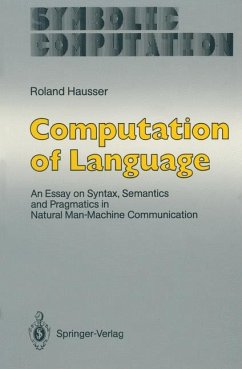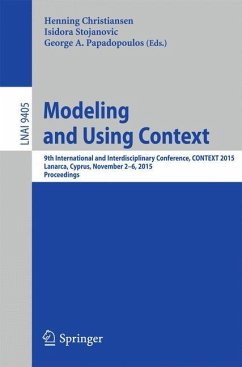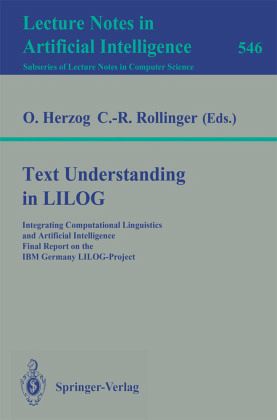
Text Understanding in LILOG
Integrating Computational Linguistics and Artificial Intelligence. Final Report on the IBM Germany LILOG-Project
Herausgegeben: Herzog, Otthein; Rollinger, Claus-Rainer
Versandkostenfrei!
Versandfertig in 1-2 Wochen
40,99 €
inkl. MwSt.

PAYBACK Punkte
20 °P sammeln!
The IBM project LILOG presented in this volume represents a fundamental step beyond computer science as hitherto understood. It was a successful project in every respect and has shed light on conjectured basic interrelations between knowledge processing and language definition. Knowledge processing is strongly coupled to the natural language used, and for applied knowledge processing an information base is needed which defines the semantic contents and interrelations of the language. The LILOG project was an implementation of an information base in the German language. A set of tools was also ...
The IBM project LILOG presented in this volume represents a fundamental step beyond computer science as hitherto understood. It was a successful project in every respect and has shed light on conjectured basic interrelations between knowledge processing and language definition. Knowledge processing is strongly coupled to the natural language used, and for applied knowledge processing an information base is needed which defines the semantic contents and interrelations of the language. The LILOG project was an implementation of an information base in the German language. A set of tools was also developed to work with the system, including structured man-machine interfaces using natural language, inference algorithms, and a complete subsystem to acquire and store the required knowledge. The LILOG project started in 1985 and a functional system was demonstrated in 1991.
The project involved approximately 200 of the scientists working in Germany in the fields of computational linguistics, natural language understanding systems, and artificial intelligence. The project proves that a cooperative project between universities and industry can produce useful results both in pure research and in implemented methods and tools.
The project involved approximately 200 of the scientists working in Germany in the fields of computational linguistics, natural language understanding systems, and artificial intelligence. The project proves that a cooperative project between universities and industry can produce useful results both in pure research and in implemented methods and tools.





